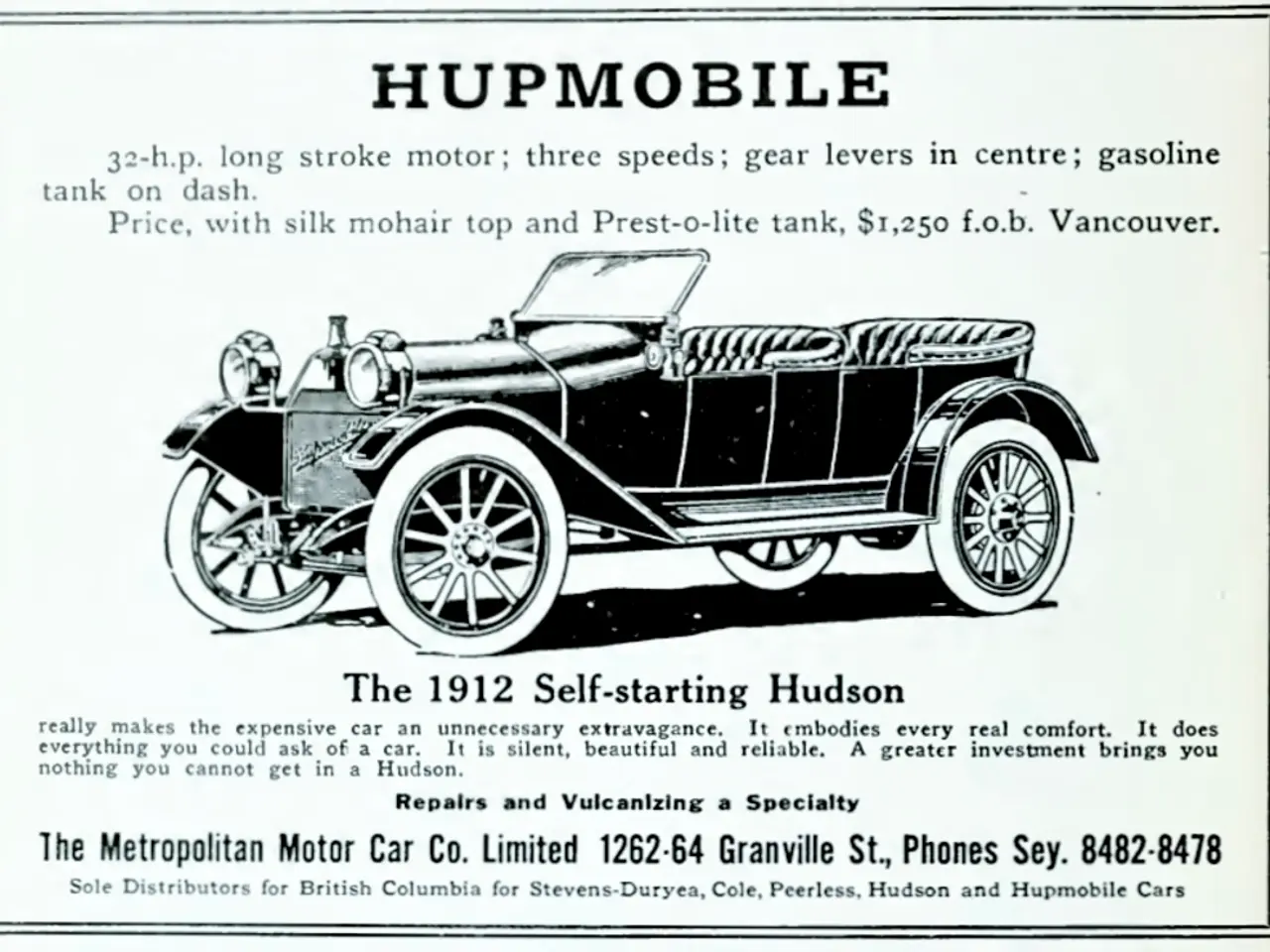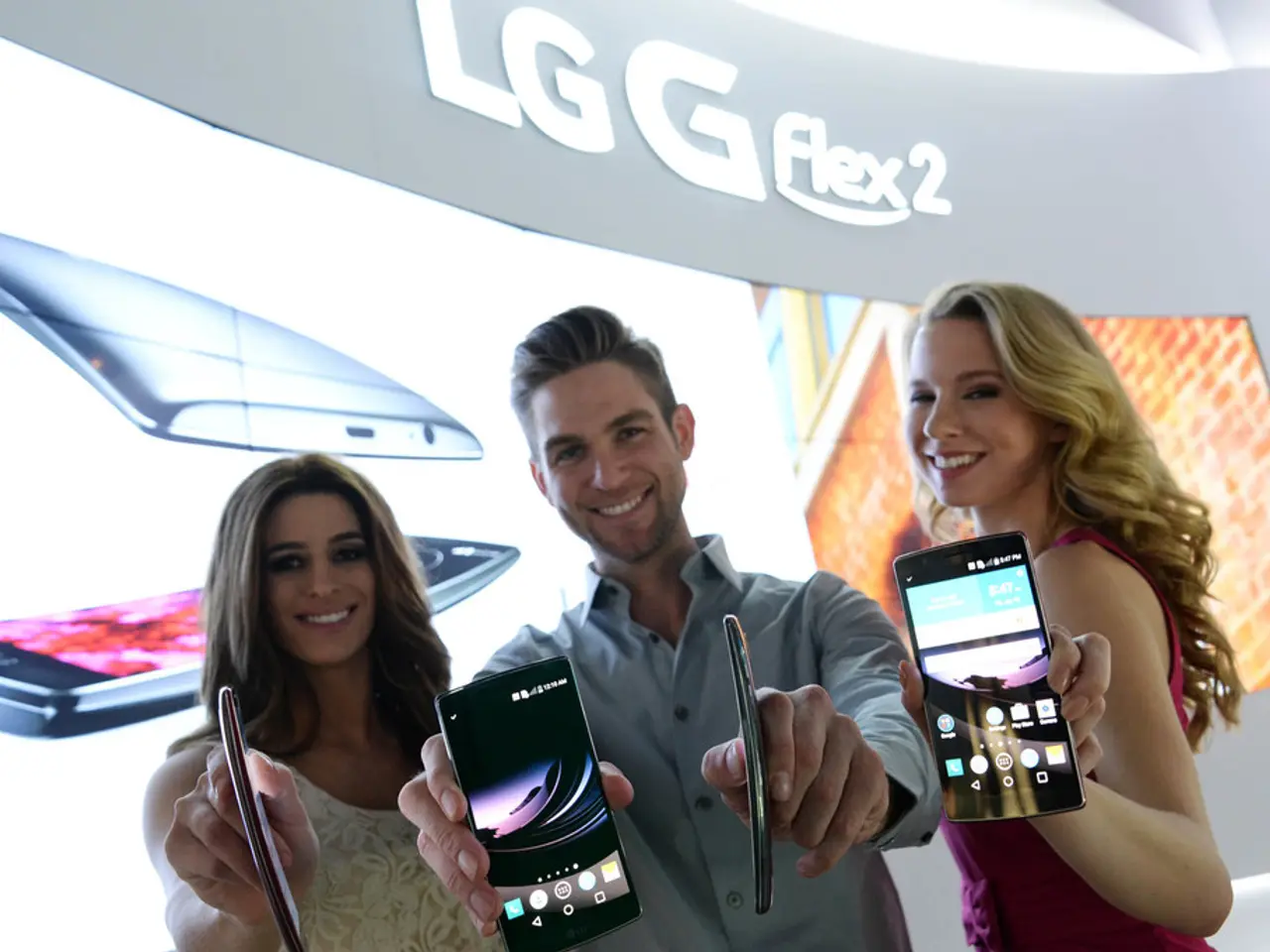Car dealerships and showrooms facing potential closure?
==============================================================================
In the ever-changing world of automotive sales, traditional dealerships are adapting to meet the demands of the digital age. The rise of online car purchasing and the growth of omni-channel retailing have forced dealerships to evolve, ensuring they remain competitive and relevant in the modern market.
Gert-Jan de Graaff, CEO of BAC, has claimed that the BNE Auto Mall, a mixed-use development under construction near Brisbane airport, will be a game-changer in the way people buy and experience motor vehicles. The BNE Auto Mall will offer a luxurious and all-encompassing experience, featuring more than 25 car dealerships, a 2.3km test track designed by racing car champion Mark Skaife, hotels, restaurants, and leisure centres.
While the auto industry is not expected to become completely digital, the emotional experience of a vehicle purchase is considered irreplaceable. Websites have allowed potential buyers to peruse the market, cross-shop various brand offerings, and read independent road test reviews before setting foot in a dealership. This change means that car companies now control the buying process from start to finish and also control the money being transacted.
Both Mercedes-Benz and Honda have switched from traditional franchising to an agency structure, allowing customers to buy vehicles directly from the car companies. This trend towards haggle-free pricing, where discounting is eliminated, is becoming more common in the auto industry.
However, despite the rise of online car buying, many buyers still prefer to visit dealerships to check out their intended purchase in person. The mixing of digital and physical car purchasing, known as omni-channel retailing, is a strategy that many traditional dealerships are adopting to meet the needs of modern consumers.
The market for traditional dealerships is stabilising after the volatile pandemic years, with used car prices falling gradually while cars are selling faster, indicating a return to normal market dynamics. Supply chain issues and tariffs continue to affect inventory levels, but dealerships that leverage targeted marketing and customer relationship management (CRM) to engage customers and build used inventory have a better chance of resilience.
Competition from direct-to-consumer and online sales models, such as those used by brands like Tesla, has had an impact on the market. In certain regions, declines in sales have been observed, indicating that some consumer demand for dealership support remains. In California, Tesla’s drop in registrations illustrates some limits of purely online sales models and the ongoing role of physical dealerships for customer service and support.
To survive and thrive, many traditional dealerships are adopting omni-channel strategies that blend online and offline touchpoints. This includes maintaining physical showrooms and service centers while offering online car browsing, financing, and home delivery options, meeting evolving consumer preferences for convenience and digital engagement.
The transition to electrification will require explanation and support from dealers, as cars become more similar in terms of powertrains. Dealers will need to explain a brand's unique value to potential buyers. The BNE Auto Mall, designed to meet the challenge posed by the internet, is expected to open in 2024 and will serve as a testament to the future of car dealerships that embrace technology, improve customer targeting, and create seamless omni-channel experiences.
In summary, traditional car dealerships are not becoming obsolete but must evolve into hybrid retail models combining the strengths of both online platforms and physical presences. Their future competitiveness will hinge on leveraging technology, improving customer targeting, and creating seamless omni-channel experiences to navigate supply uncertainty and shifting consumer expectations in 2025 and beyond.
- In the realm of personal finance, embracing a blend of digital platforms and physical presences could be a crucial strategy for traditional car dealerships, similar to the survival and thriving tactics outlined in the automotive industry.
- The BNE Auto Mall, a upcoming mixed-use development, aims to revolutionize the motor vehicle buying experience by incorporating technology, lifestyle amenities, and sports facilities, reflecting the convergence of various sectors in today's modern market.




